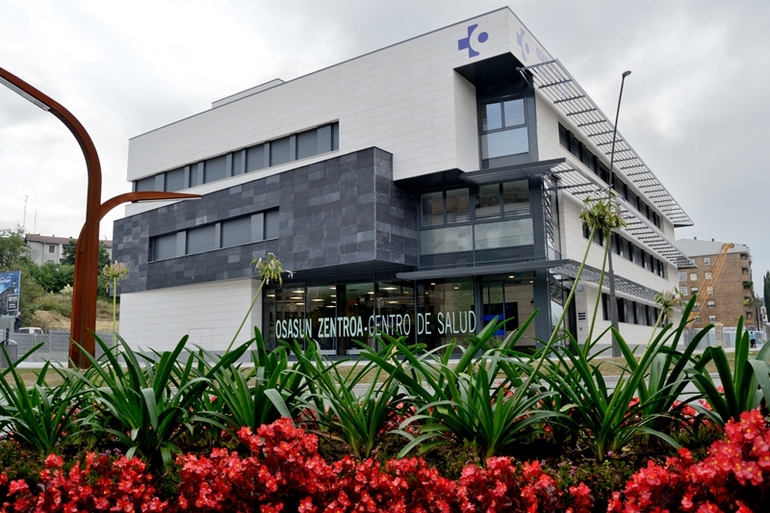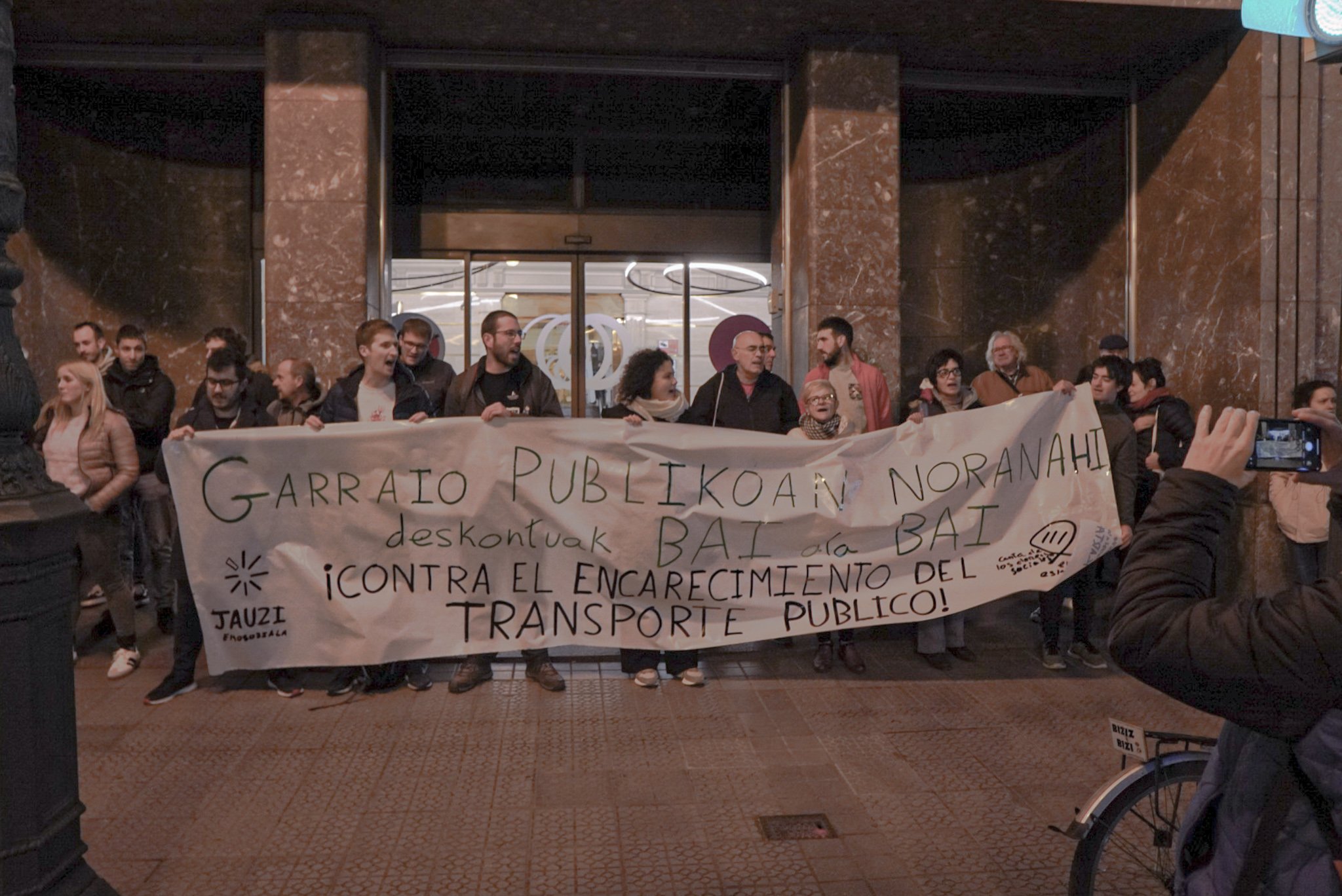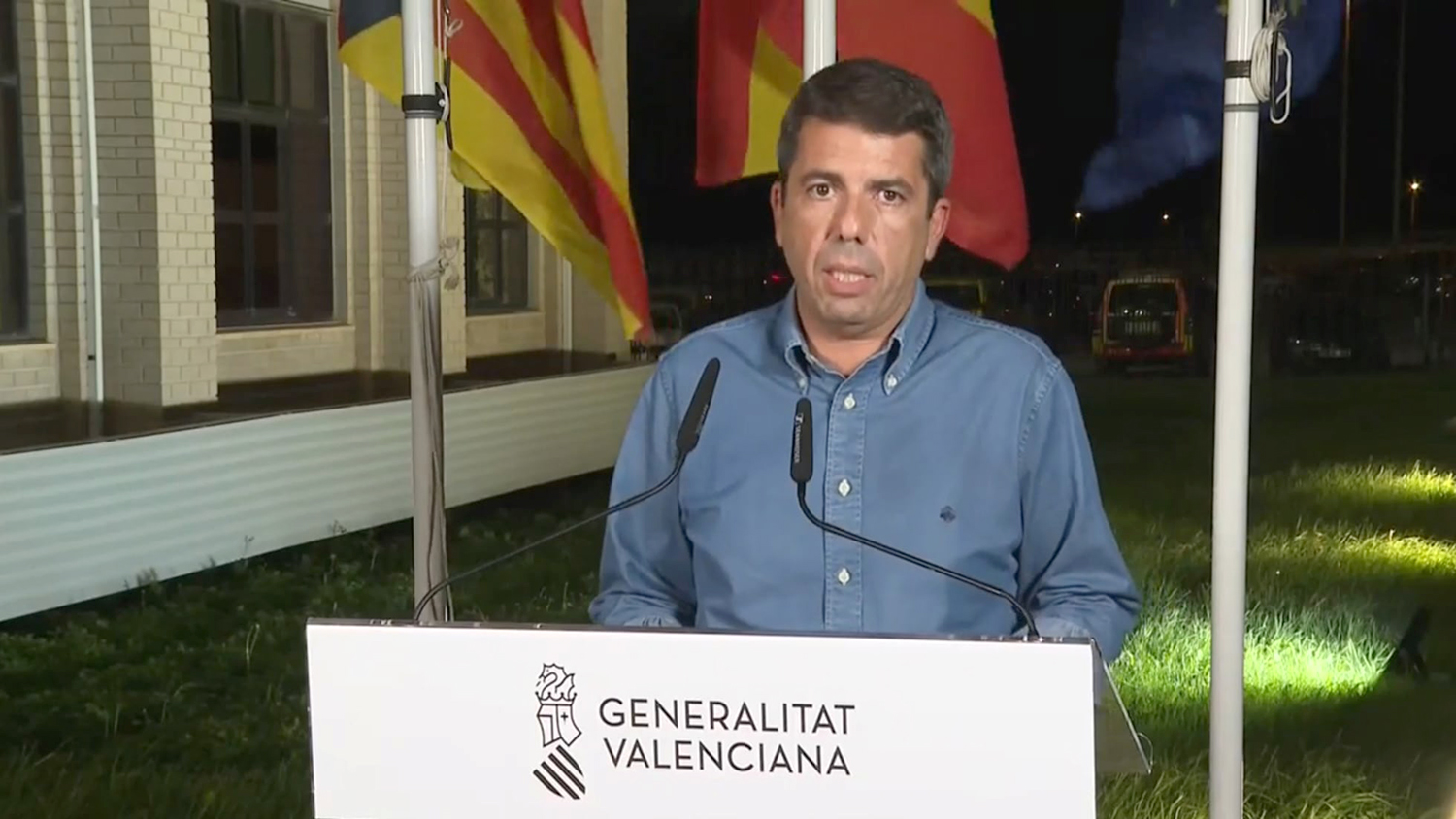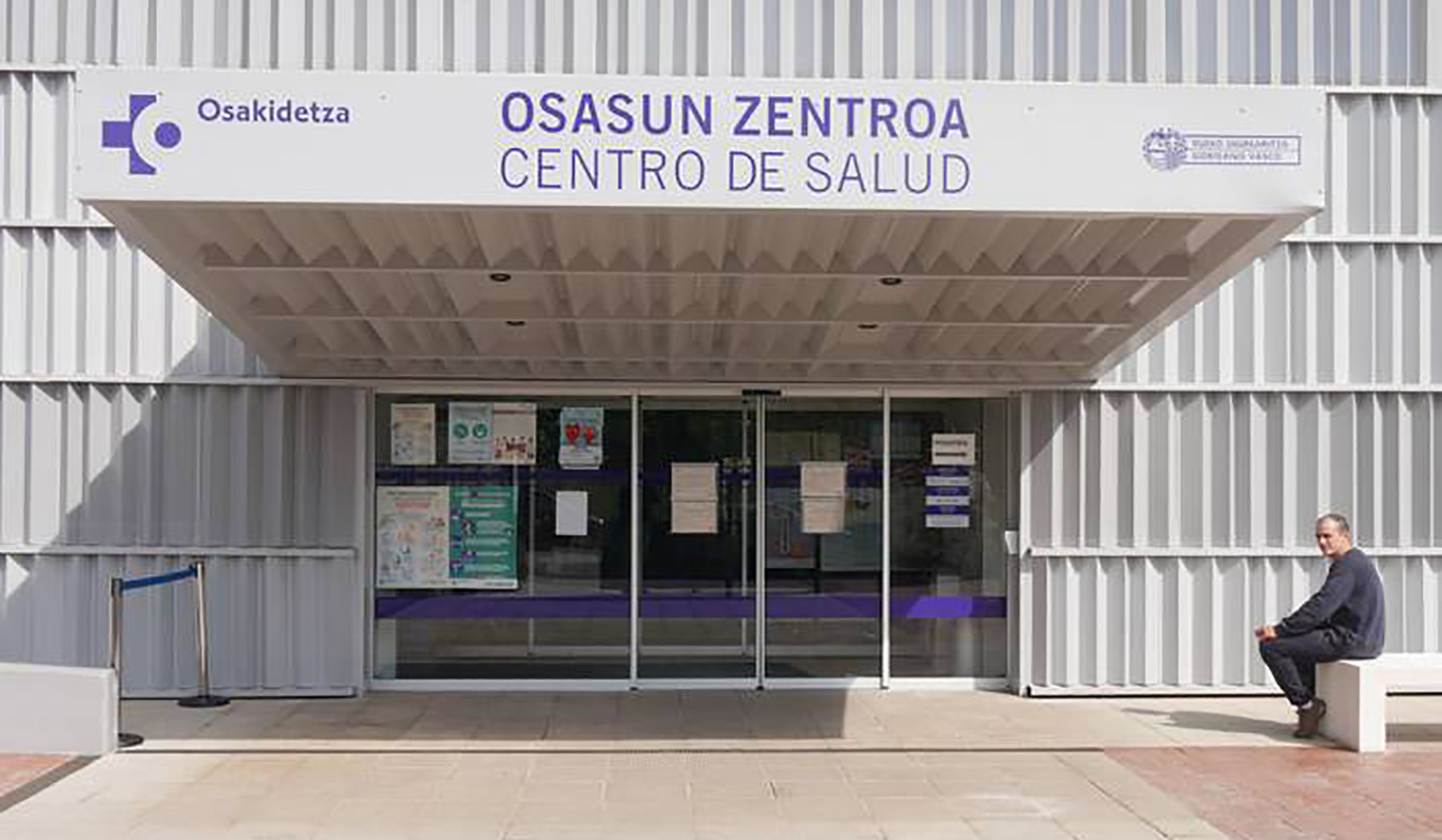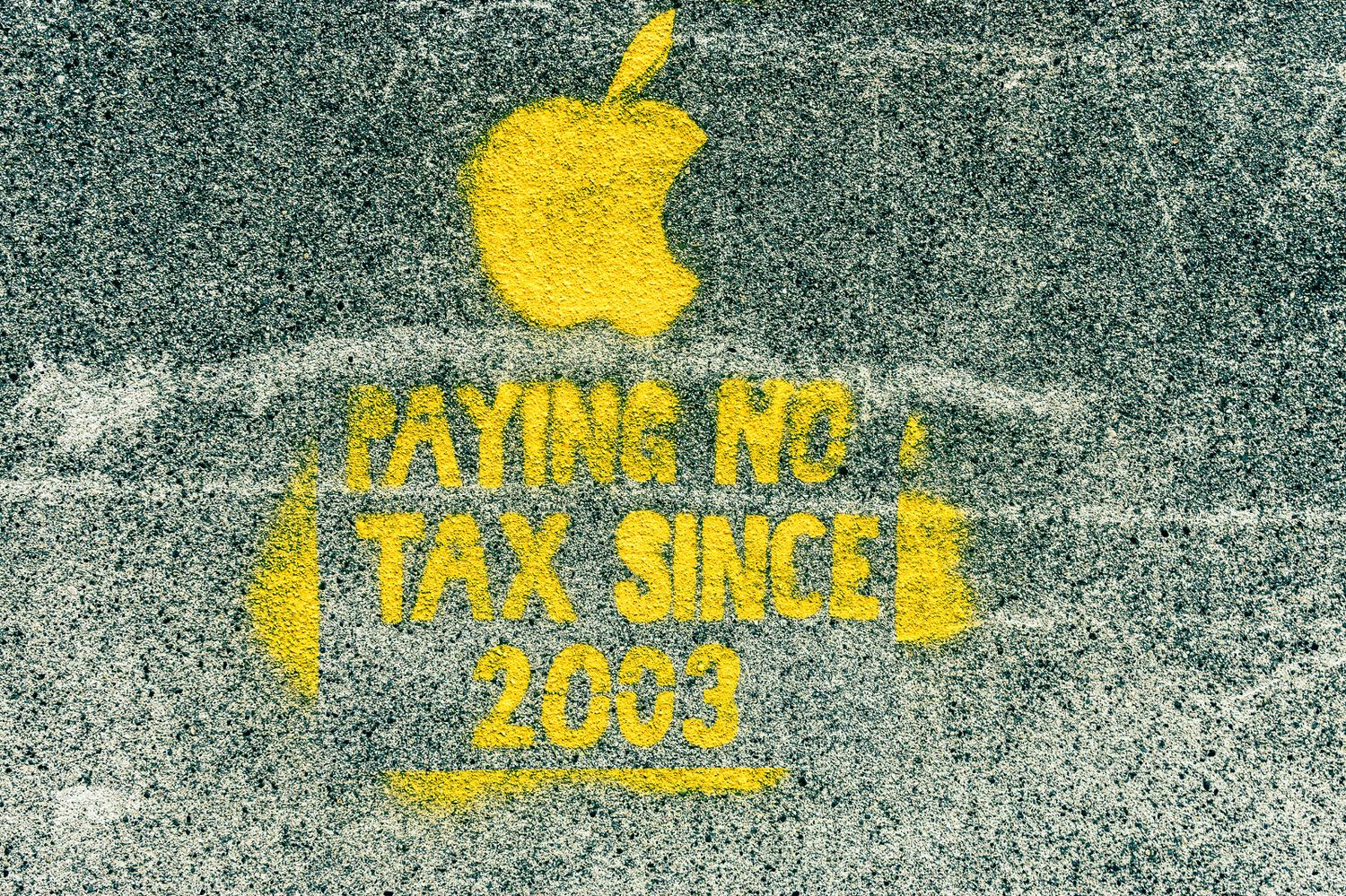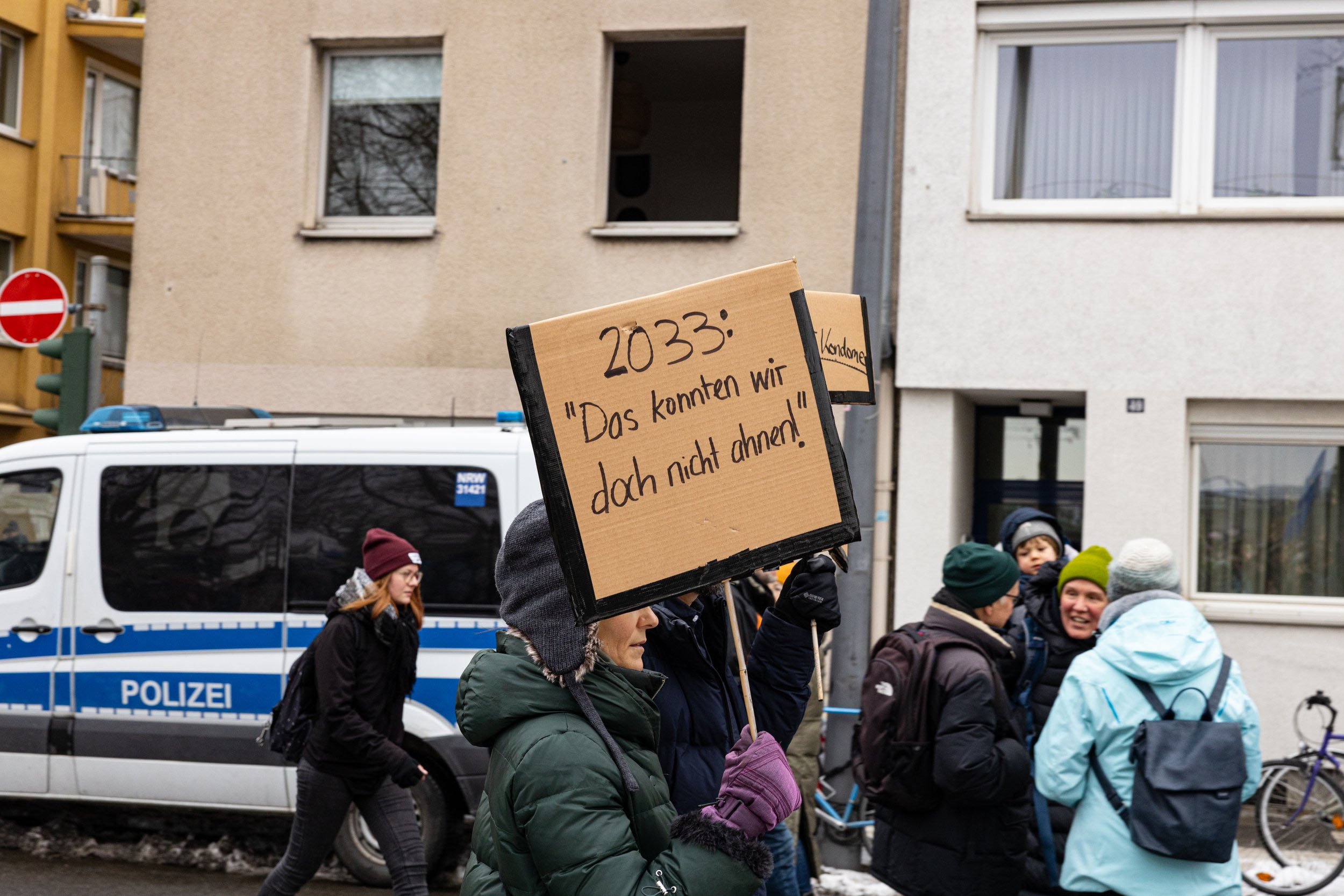Citizens without heritage, in poverty
- All the data and statistics from recent years say that the majority of European society has become poorer. The economic policy of institutions such as the European Central Bank has to do with this, and social inequality will increase more between the owners of a certain heritage and those who have nothing, as the price increase squeezes the citizens’ pockets.

The widening gap between 1 per cent and the rest of the population has often been pointed out by experts and information experts, especially in recent years. According to Oxfam’s latest report, the world’s ten richest men have doubled their fortune in Covid-19, while 99% revenue has decreased. Nothing new on the horizon Miraconcha de San Sebastián. But Oxfam also says that social inequality is much more diverse than that symbolic distribution: that we have to take into account gender, race, territory and other factors.
“In the face of inflation that is drowning the family budget, wealth reserves will make a difference”
In Europe, cracks are also increasing in the broad sectors that underlie the social ladder, and can increase further, especially among citizens who can and do not have a small wealth reserve or savings in the face of the economic crisis. According to a study by the University of Paris 8, according to age, profession and social class, economic vulnerability is very different. Besides income, one of the most important variables is property. “Given the inflation that is choking the family budget, the property reserves will make a difference,” they conclude in the study.
Inflation reached 10% in the euro area in September, according to Eurostat, eight decimal places more than in August. The European Bank has increased interest rates (see graph of the article that forms part of this report), following the liberal dogma of reducing consumer demand and reducing prices at the expense of unemployment, and the EU governments have the issue of taxation on the table. Some want to tax energy companies that are making huge profits by increasing energy costs more, Brussels wants to raise EUR 140 billion, or to bite huge fortunes, aligning itself with the idea of tax the rich… while others do the opposite. Or, if not, in the same week they announce both, such as Liz Truss, UK Prime Minister.
After this schizophrenic debate, in most cases it is not intended to change the economic system, but to keep the same model that makes it richer. Elon Muskiz has left with the millions of euros he has paid in taxes in 2021, but he did not say that that amount represents only 3% of his good, 315,000 million euros. Taxes for the rich do, but for them to remain rich. All normal in the viewpoint of Davos.
.jpg)
And meanwhile, increasing inequality and poverty. Also in ours. In Araba, Bizkaia and Gipuzkoa, for example, since 2008 the percentage of population in extreme poverty has doubled (6.1%), Idoia Mendia, vice-president of the Basque Government a few days ago V. He approved it in the presentation of the Social Inclusion Plan. In Navarre there are 56,262 people in this situation (8.6%), and in the Northern Basque Country there are also thousands of people below the poverty level, about 17,000, according to the Basque College Precariousness Observatory. You don't have to be a magician to know that the frightening increase in mortgages and shopping cart will fall into that hole to thousands of others, because they don't have enough savings, wealth or mattress to save themselves from that destination.
According to the OECD, a person is poor when he is unable to stay three months above the poverty barrier with his heritage or liquid asset
Gaps in patrimonial poverty
“When we look ‘down’ at heritage differences, we can see the influence of lack of savings according to class and age. The data is wonderful.” This is what sociologist Nicolas Duvoux wrote in his Twitter account. Duvoux and “Des classes dépossées: He wrote the article “Pauvreté en patrimoine et érabilité économique” (Expropriated Classes, Patrimonial Poverty and Economic Vulnerability) on the website of the cooperative La Vie des Idées, along with the student of the same university Senmiao Yang. It explains that, in addition to the income among citizens, the lack of savings generates important differences depending on the circumstances.
Based on a European survey: Household Finance and Consumption Survey, conducted in 22 countries, the latest wave dates back to 2017. This survey is unique to collect data on the heritage and savings of families and allows comparisons to be made by wealth, income, social class and age.
Inflation makes the shopping basket 20% more expensive than
poor families
Inflation does not affect those with more or less income, nor does it affect the way they fill the shopping cart, as consumption habits are very different. This was concluded by the IRIS Research and Socioeconomic Information Institute, based in Montreal (Québec), in a study conducted during the Covid-19 pandemic.
According to this, 40% of the lower-income society has increased the cost of the shopping cart by 20% more with inflation than the richest 10%. The products that go up in price are mostly basic, because they are the most consumed, and that has a bigger impact on the poorest families, because it accounts for a large part of their budget. Conversely, for the wealthiest, they spend most of their money on unnecessary products and services (entertainment, leisure…), where inflation is lower.
Moreover, while the former change their consumption habits in search of lower quality and cheaper products, which on the other hand become more expensive, the latter do not need it and consume products of the best quality of always, without noticing large variations in price. In other words, eggs or milk are much more expensive than before, but less so for prawns or Iberian ham.
The prestigious French economist, Thomas Piketty, who has investigated social inequalities, has rigorously criticised such surveys, saying that the data of those with a lot of wealth are not reliable. Piketty in his book Capital in the 21st century masterfully explains how the concentration of wealth was from the 19th century and how it was left in the hands of a small elite. But researchers at the University of Paris 8 point out that in the current context, the “heritage of citizens in the middle class” must also be taken into account to explain social inequalities.
This heritage has been called “liquid asset”, which would then be available to a citizen or family in the event of a serious economic shock (loss of employment, separation of couples, accident…). Therefore, housing or vehicles have not been taken into account. In other words, they are savings that they really would have at their disposal.
The  Organisation for Economic Cooperation and Development (OECD) notes that a person is poor when unable to stay with his liquid asset three months above the poverty barrier, which the OECD has set at 60% of the average income. Duvoux and Yang publish a disturbing graph (see below) that shows the differences between each profession: A small 50-year-old could have an average duration of three years and nine months with his wealth, except for other aids, in a situation of extreme gravity, without falling into poverty; an unemployed person barely three months. The differences are also significant according to age: A qualified worker aged 50-64 would keep it for nine months, while an 18-34 year would keep it for only two and a half months.
Organisation for Economic Cooperation and Development (OECD) notes that a person is poor when unable to stay with his liquid asset three months above the poverty barrier, which the OECD has set at 60% of the average income. Duvoux and Yang publish a disturbing graph (see below) that shows the differences between each profession: A small 50-year-old could have an average duration of three years and nine months with his wealth, except for other aids, in a situation of extreme gravity, without falling into poverty; an unemployed person barely three months. The differences are also significant according to age: A qualified worker aged 50-64 would keep it for nine months, while an 18-34 year would keep it for only two and a half months.

In calculating existing poverty, institutions normally take into account the income or income of citizens. For example, there would be 15% economic poverty in the French State and 21% in the Spanish State. But patrimonial poverty is much more serious. 46.7% and 49.2% respectively. According to the study, in most European countries half of the population would not last three months with savings, not even in a “rich” country like Finland: 53.6% are heritage poor, despite the many public services and aid that Finland sponsors.
The age gap is also enormous, to the point of representing a chasm: In the Spanish state 70% of young people are in patrimonial poverty, in the French state 58%, in Germany 65%… “This shows that the importance of the family for social protection and the degradation of young people goes hand in hand”, explain in the article of La Vie des Idées.
Strikes and mobilisations to denounce wage cuts and loss of purchasing power
As it becomes clear that rising inflation and government economic policies lead to the impoverishment of citizens, more and more people are taking to the streets. In the UK, for example, many sectors struggle by screaming Cut profits, not pay (reduced profits, not salaries).
In our country, the first mobilizations have also begun. In Baiona, hundreds of people met on 29 September to ask “the fair sharing of wealth”, convened by the unions LAB, CGT, FSU and Solidaires. Emmanuel Macron accuses the government of wanting to make workers suffer the current crisis and calls for increased wages and wages jubilaciones.En
Hego Euskal Herria, for its part, the Government of Spain has unleashed the increases in public wages agreed with CCOO and UGT: this year they have agreed an increase of 3.5%, of 2.5% in 2023 and of PC consumption. For its part, the Basque Government has announced that it will set the agreed increases in Madrid.
Having heard this proposal, ELA raises the possibility of a strike in the autumn that, according to Mitxel Lakuntza, would mean “losing the purchasing power of 20% of public employees”.
LAB has taken the strike with caution, but has announced mobilisations in the public sector for 14 October and organised demonstrations in Pamplona, San Sebastian, Bilbao and Vitoria on that day. The union denounces that since the fall of wages to public employees by 5% in 2010, they have not regained purchasing power, “more, they will still reduce us further.”
Meanwhile, when drafting these lines, José Miguel Aierza, director of the Association of Employers of Gipuzkoa, Adegi, has asked the workers to “sacrifice” to maintain employment at the current levels.
The conclusion is clear: we cannot talk about poverty without taking into account the lack of savings or citizens' heritage, because the data show that economic vulnerability is much deeper, up to three times more than is said. “Why am I interested in this? – says Duvoux – Because inflation will force low-income families to use their scarce savings. Urgent current structural data”.
With the rise of Eurybor and the rise in the prices of unemployment, petrol and commodities, the covert poverty of this group of people we can call “the class of expropriated” will soon surface. But in the meantime, the old ones have just been sold in the Frankfurt offices.









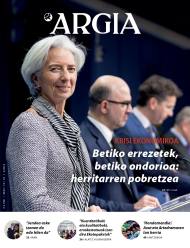

.jpg)

